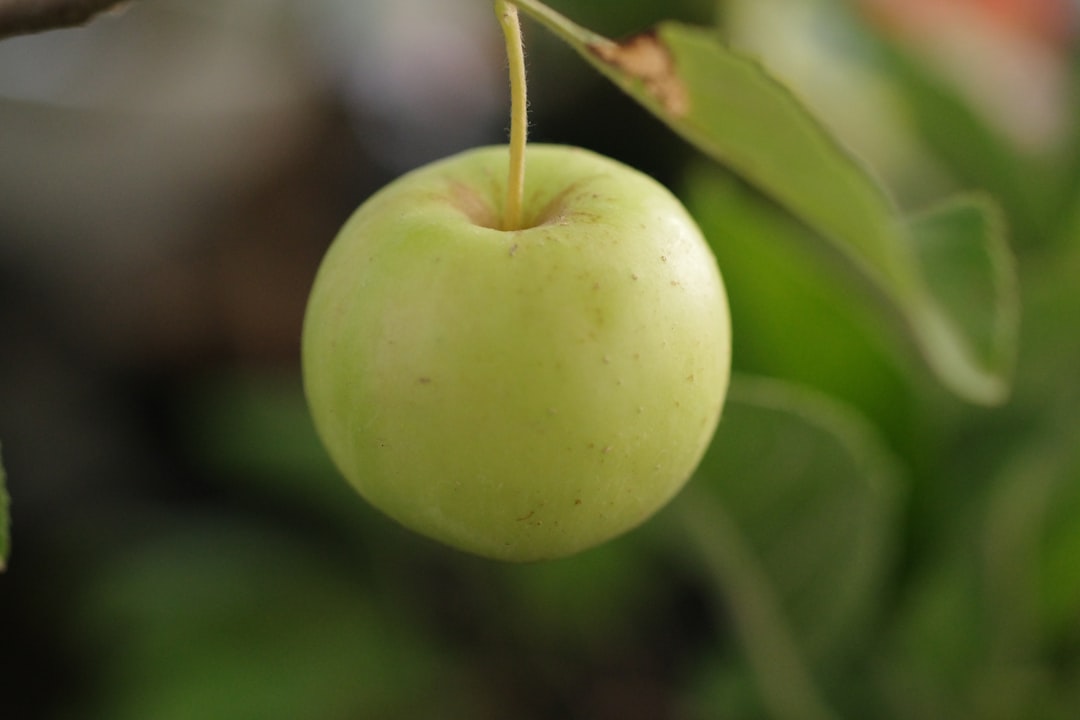Banishing Raccoons from Your Garden: A Comprehensive Guide

Raccoons can be a real nuisance in your garden. These clever critters are known for rummaging through trash cans, digging up flower beds, and even causing damage to your property. But fear not, with the right prevention and removal tips, you can keep them from making your garden their home.
### Understanding Raccoons
Before you can effectively get rid of raccoons, it's important to understand their behavior. Raccoons are nocturnal animals, which means they are most active at night. They are also omnivores, feeding on a variety of foods including fruits, vegetables, insects, and small animals. Raccoons are attracted to gardens because they offer a ready source of food and shelter.
### Prevention Tips
Secure Your Trash Cans: Raccoons are notorious for rummaging through trash cans in search of food. To prevent this, make sure your trash cans have tight-fitting lids. You can also use bungee cords or weights to keep the lids in place. Consider storing your trash cans in a garage or shed until trash day.
Remove Food Sources: Raccoons are attracted to food, so it's important to remove any potential food sources from your garden. This includes fallen fruits and vegetables, bird feeders, and pet food. If you have a compost pile, make sure it is properly maintained and covered to prevent raccoons from digging through it.
Seal Entry Points: Raccoons can enter your home or shed through small openings. Inspect your property for any holes or gaps in the foundation, walls, or roof. Seal these entry points with caulk, wire mesh, or other appropriate materials.
Install Motion-Activated Lights: Raccoons are nocturnal animals and are often deterred by bright lights. Install motion-activated lights around your garden to scare them away when they approach.
### Removal Tips
Use Traps: If you have a raccoon problem, you may need to use traps to catch and remove them. There are several types of traps available, including live traps and lethal traps. Live traps are the most humane option and allow you to release the raccoon in a safe location away from your property. Make sure to check your local laws and regulations before using traps.
Call a Professional: If you are unsure how to handle a raccoon problem or if the problem is severe, it's best to call a professional pest control company. They have the experience and equipment to safely and effectively remove raccoons from your property.
### Natural Deterrents
Peppermint Oil: Raccoons have a strong sense of smell and are often deterred by the scent of peppermint oil. Soak cotton balls in peppermint oil and place them around your garden or in areas where raccoons are likely to enter.
Ammonia: Ammonia has a strong odor that raccoons find unpleasant. Soak rags in ammonia and place them in areas where raccoons are likely to enter. Make sure to keep the rags out of reach of children and pets.
Predator Urine: Raccoons are afraid of predators, so using predator urine can be an effective deterrent. You can purchase predator urine online or at a hunting supply store. Sprinkle the urine around your garden or in areas where raccoons are likely to enter.
### Conclusion
Getting rid of raccoons from your garden can be a challenge, but with the right prevention and removal tips, you can keep them from making your property their home. By understanding their behavior, removing food sources, sealing entry points, and using natural deterrents, you can create a raccoon-free environment in your garden. If you have a severe raccoon problem, it's best to call a professional pest control company to ensure the safety of your family and pets.